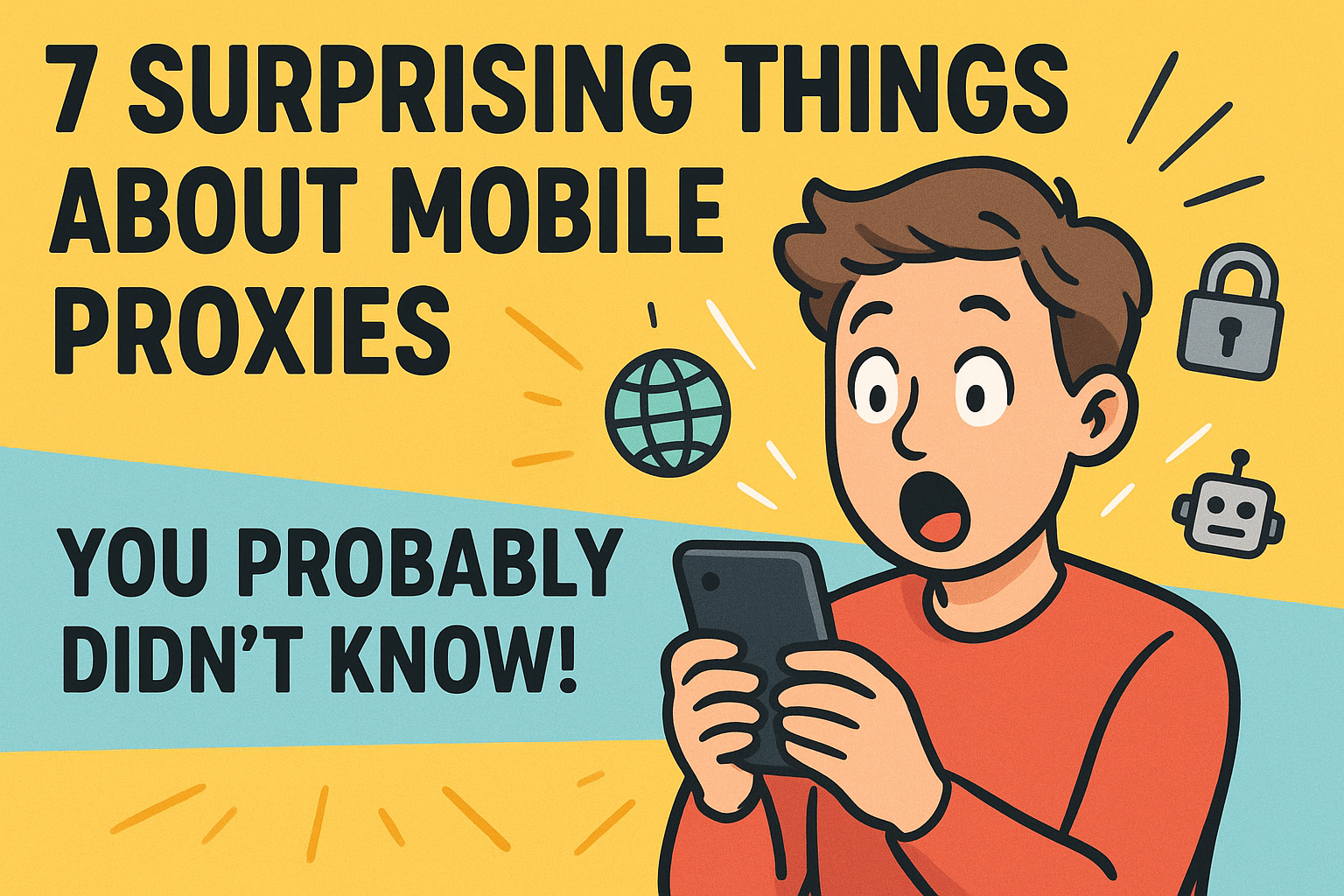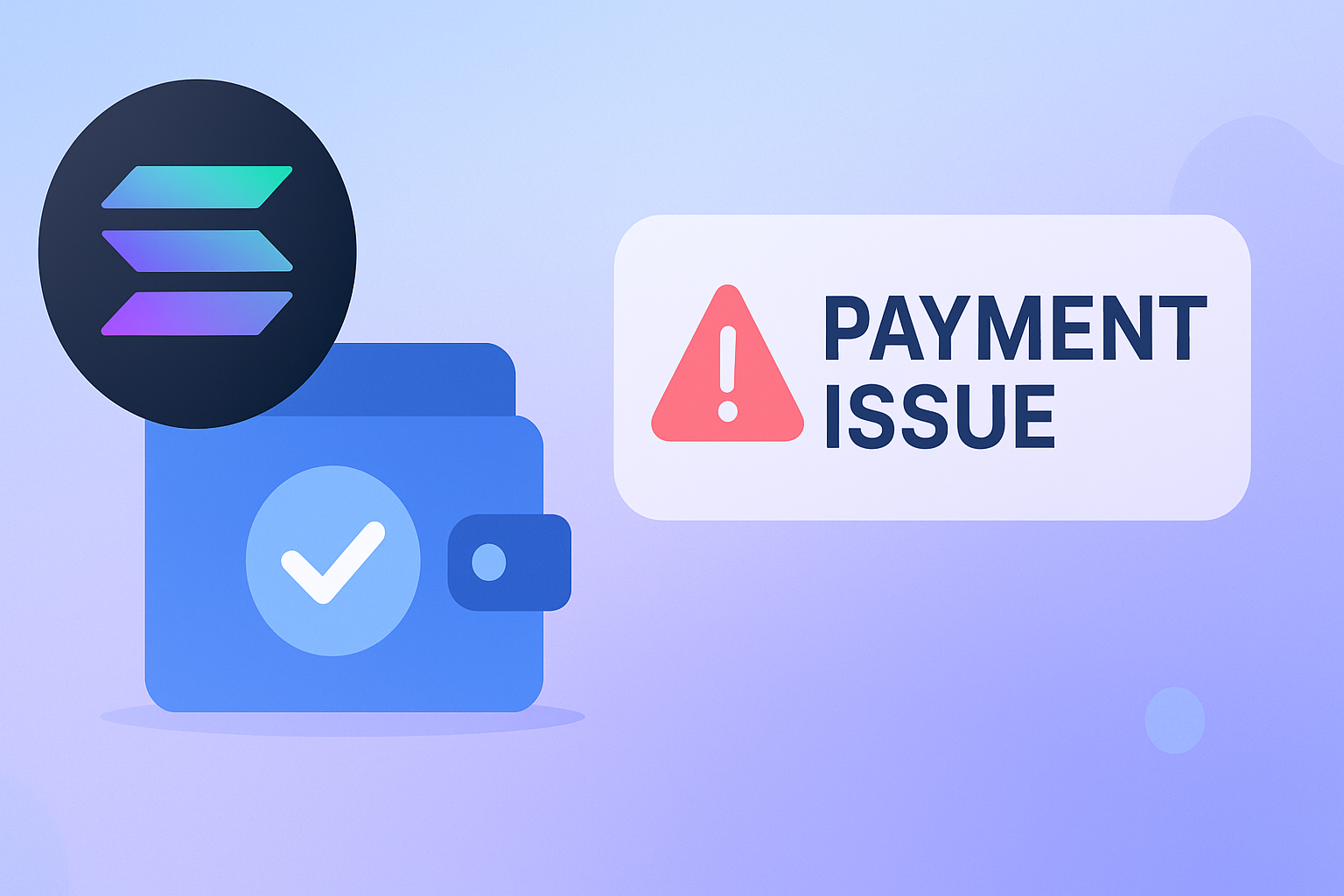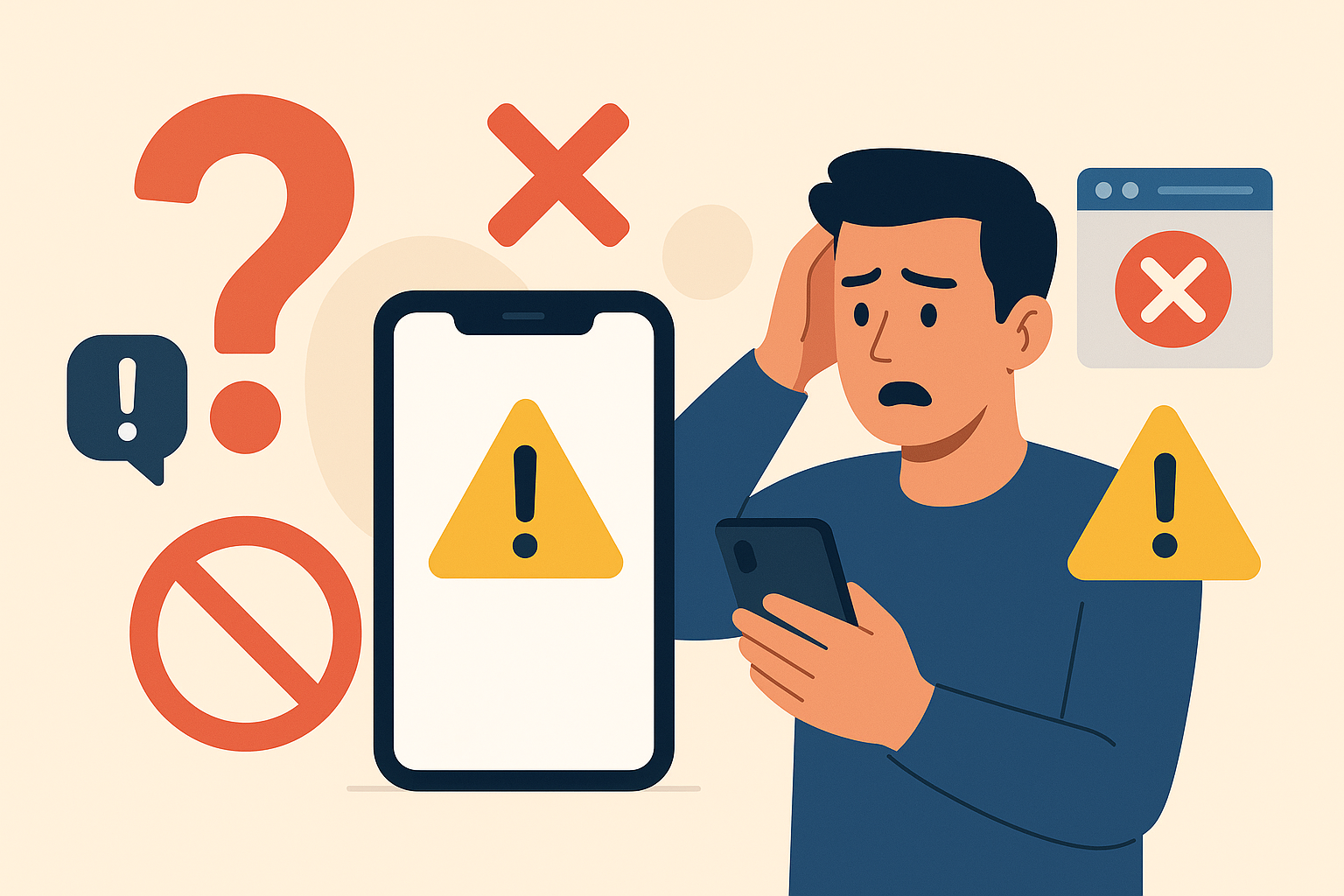Web scraping can be a bit of a mystery, whether you're just getting started or have been doing it for a while. It’s a powerful way to gather data from websites, but it also comes with a lot of questions, especially around its legality and best practices. In this blog, I’m going to dive into some of the most common questions people have about web scraping, offering insights and tips to help you navigate this complex world.
1. What Exactly Is Web Scraping?
At its core, web scraping is like using a vacuum cleaner to suck up data from websites. Instead of manually copying and pasting information, a web scraper automatically gathers it for you. This is especially handy if you need a lot of data from multiple pages.
2. Can I Scrape Any Website I Want?
Not necessarily. While it might be technically possible to scrape data from almost any website, it doesn’t mean you should. Some websites have restrictions in place, such as blocking IPs or using CAPTCHAs to prevent scraping. Always make sure to review a site’s terms of service and be aware of any legal or ethical implications before scraping.
3. Why Do People Use Web Scraping?
Web scraping is used for a wide range of purposes across different industries. Here are a few common uses:
- Market Research: Gathering information on competitors, such as pricing and product details.
- Data Analysis: Collecting large datasets for analysis, which is common in finance and real estate.
- Content Aggregation: Pulling together content from different sources, like news articles or job listings.
- SEO Monitoring: Tracking keyword rankings and other SEO metrics to improve search engine performance.
4. What Tools Are Good for Web Scraping?
There are tons of tools out there for web scraping, depending on your needs and skill level. Some popular ones include:
- BeautifulSoup: A Python library that helps you parse HTML and XML.
- Scrapy: A more advanced Python framework for large-scale scraping.
- Selenium: A tool for automating browsers, which is great for scraping dynamic content.
- Octoparse: A no-code tool that’s very user-friendly, perfect if you're not a programmer.
5. How Do I Deal With Anti-Scraping Measures?
Websites often have anti-scraping measures like CAPTCHAs, IP blocking, or rate limiting to protect their data. Here are some strategies to get around these:
- Use Rotating Proxies: This allows you to change your IP address frequently, making it harder to detect the scraping.
- Respect Rate Limits: Don’t flood the website with requests; slow and steady wins the race.
- Use Headless Browsers: These are browsers that run without a GUI, helping you interact with websites as if you were a regular user.
6. What’s the Difference Between Web Scraping and Web Crawling?
While they sound similar, web scraping and web crawling aren’t the same. Web crawling is like sending out a scout to explore the web and index pages for search engines. Web scraping, on the other hand, is focused on pulling specific data from those pages. Think of crawling as mapping the terrain, and scraping as mining for gold.
Don't miss our blog post on Web Crawling vs. Web Scraping to understand the key differences!
7. How Can I Avoid Getting Banned While Scraping?
Getting banned is every scraper’s nightmare, but you can avoid it by:
- Using Proxies: Rotate between multiple IP addresses to spread out the requests.
- Throttling Your Requests: Don’t go too fast; make sure you’re not overwhelming the server.
- Respecting robots.txt: This file tells scrapers what parts of the site are off-limits.
- Randomizing Actions: Act like a human by mixing up your clicks and timing.
8. What Is robots.txt, and Do I Have to Follow It?
robots.txt is a file that sits on a website’s server and gives instructions to web crawlers about which parts of the site they can visit. While it’s not legally enforceable, ignoring it can get your IP blocked. So, it’s a good idea to follow the rules laid out in this file.
9. How Do I Scrape Data from JavaScript-Heavy Websites?
Websites that rely on JavaScript to load content can be tricky to scrape with traditional methods. Here’s what you can do:
- Use Selenium: This tool can automate a browser, allowing it to render JavaScript and scrape the dynamic content.
- Leverage APIs: Some websites offer APIs that provide the data directly, which can save you a lot of hassle.
- Headless Browsers: Run a browser in headless mode to scrape the content without a GUI, which can handle JavaScript-heavy sites more effectively.
10. Can Web Scraping Harm a Website?
Yes, if done irresponsibly, web scraping can hurt a website. Too many requests in a short time can slow down or even crash a server. That’s why ethical scrapers use techniques like rate limiting and respecting robots.txt to avoid causing any harm.
Conclusion
Web scraping is a powerful tool, but with great power comes great responsibility. Whether you’re scraping for personal use or for business, it’s important to do it ethically and within legal boundaries. Hopefully, this FAQ has cleared up some of your questions and helped you get a better understanding of how to scrape effectively and responsibly.





